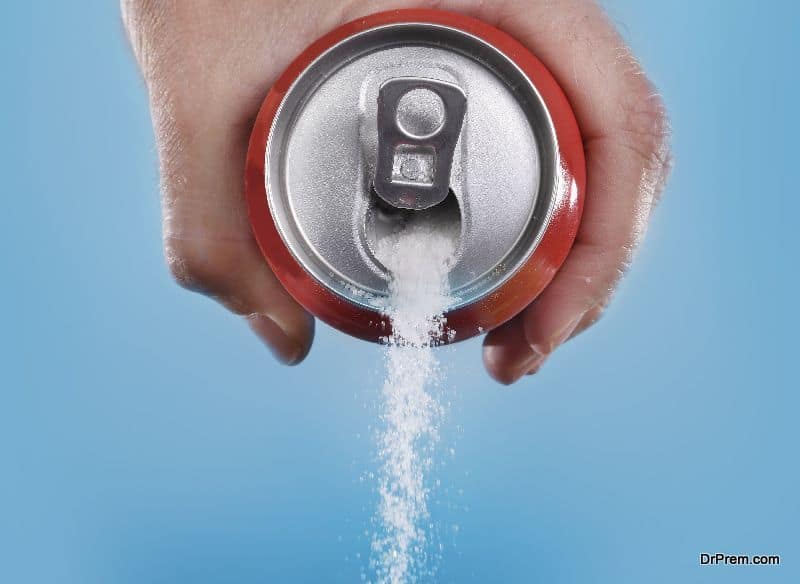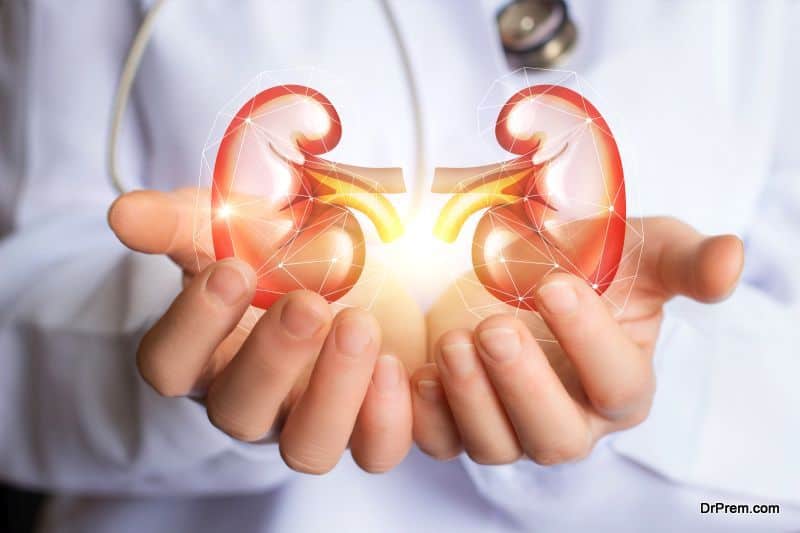This article will change the way you look at Diet Sodas.
The soda industry is a $75 billion industry. It’s estimated that sugary drinks cause about 184,000 deaths each year. Every one out of two Americans has at least one soda everyday despite knowing about the health consequences of indulgence. But then, some of us opt for diet soda thinking they are safer. No sugar, no health issues right?
A soda drink here or there won’t hurt you. But if you are a regular consumer of diet sodas you need to know these facts.
Results from a variety of studies show that regular consumption of diet sodas, as little as one per day is linked to higher chances of heart disease, high blood pressure, diabetes, stroke and metabolic syndrome.
No sugar, less harmful?

Aspartame is on the EPA list of Potentially Dangerous chemicals. Just like Arsenic it also contributes to Neurotoxicity.
Bigger waist
How can diet drink cause you to gain weight? It actually does. Compared to non-drinkers, diet soda enthusiasts have 70% bigger waist circumferences. In case of regular drinkers, this number shot up to a 500% bigger waist size compared to non-drinkers.
It is believed that diet sweeteners fool the body and upset its natural ability to control calorie intake. Artificial sweeteners prompt insulin, which pushes your body into fat storage mode.
Brittle bones
Sodas contribute to Osteoporosis. This makes your bones brittle making you more prone to bone fractures. Hence it is a good idea to quit sodas to reduce your risk of injury.
BPA exposure
Bisphenol A (aka BPA) is a chemical that is found in cans and plastic bottles. It can seep into your beverage and cause possible effects on the brain. Continuous exposure has been linked with Heart ailments and cancer. You can look for BPA-free cans to avoid exposure.
While a lot of soda companies are trying to obviate bottles made of BPA, many tin can liners still contain BPA.
Faster aging
Phosphoric acid added to increase the shelf life of sodas, has been associated with osteoporosis, muscle loss and other heart and kidney related problems.
Diabetes
Daily consumption of diet sodas correlates with higher risks of metabolic syndrome and Type 2 diabetes. It causes high blood sugar levels by upsetting healthy gut bacteria. High blood sugar levels can usher in diabetes.
Reduced kidney function

Increased risk of metabolic syndrome
Metabolic syndrome is a band of risk factors that augment your chances of heart disease and other health problems like stroke and diabetes. Besides, it increases belly fat and bad cholesterol.
Cancer risk
The dark color of these drinks is the product of heated ammonia and sulfites. These are well known cancer causing agents. These compounds caused liver, thyroid and lung tumors in rats and mice. Because of this, it is considered a threat for humans too.
4-mel presently found in these drinks could be the cause of 14000 cancers according to an estimate given in 2012 by the Center for Science in the Public Interest.
Lacks nutrients
Diet sodas provide zero nutrients. There is no fat, or carbohydrates, protein, vitamins or minerals. So you literally gain nothing from a can of diet soda except health risks.
Depression

Conclusion
So it really comes down to personal choice. You can choose to still be a guinea pig just because you like it or you can opt for safer healthier alternatives and look at sodas as a treat to be had sparingly. Moderation is the word. The best alternative to sodas is plain old water.







